Logitech's 'forever mouse' could mean peripherals go the way of coffee beans, TVs, and printer ink by pushing a subscription
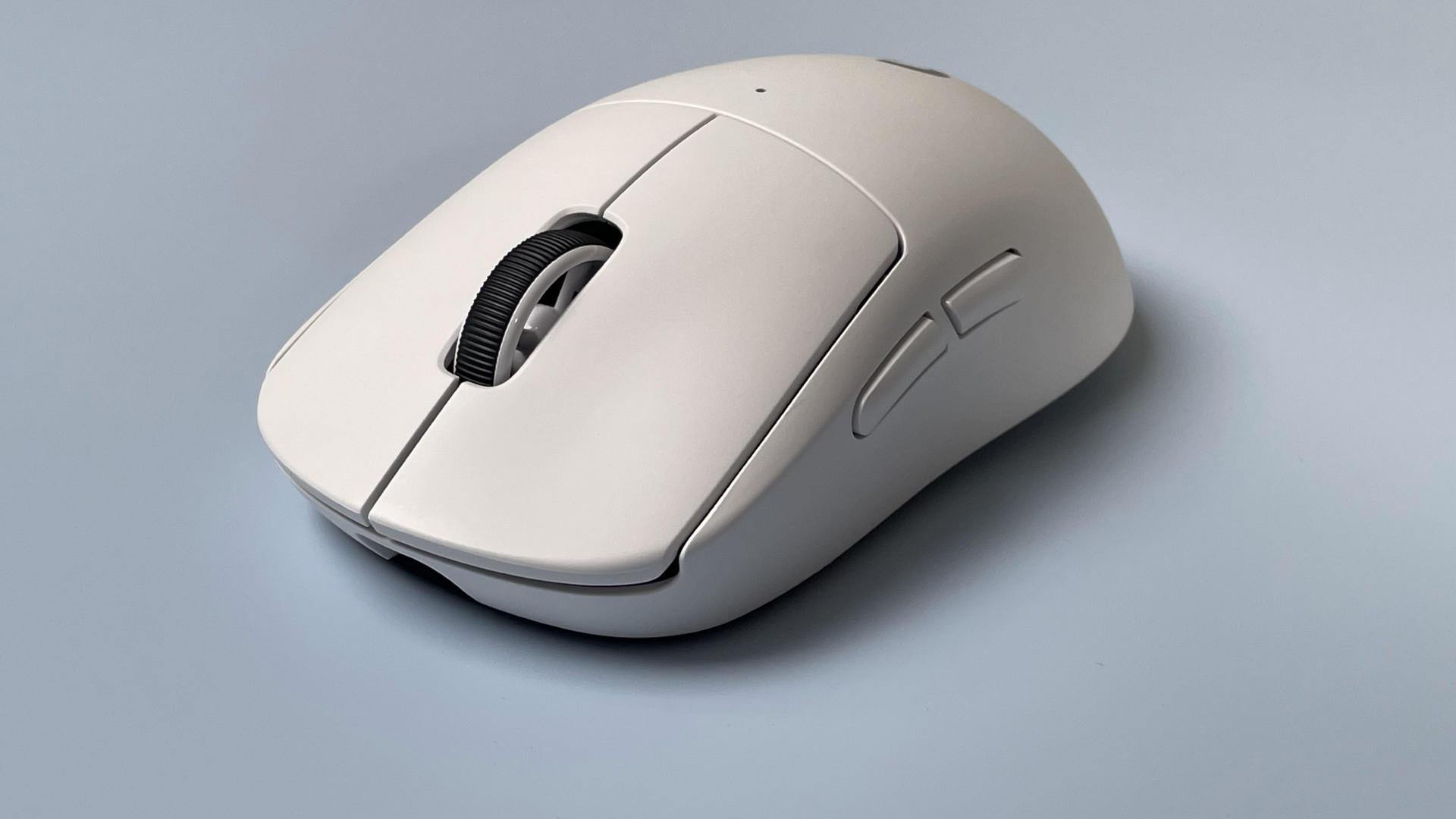
Could a mouse ever be timeless?
One thing that's increasingly played on my mind over the last few years is the fact that more and more things seem to be turning into services rather than products. Cloud and server tech has long since brought about the dominance of software as a service (SaaS), and it now looks like our beloved peripherals could be heading in the direction of other subscription products such as coffee beans, TVs, and printer ink.
Hanneke Faber, Logitech's CEO since October 2023, recently told The Verge that the "forever mouse is one of the things that we'd like to get to." If we had any doubts (and thanks to some straightforward questioning by The Verge Editor-in-Chief Nilay Patel), Faber says she can "possibly" envision that this "forever mouse" would be a subscription mouse.
This is right after a discussion about ongoing service dependency, where Faber says, "We do design-led, software-enabled hardware, and that software component in the age of AI is more important every day." This software, of course, is often open to ongoing services, possibly via paid subscription.
This service component of Logitech's software seems to in part be justified by its employees' "passion for sustainability," a passion that was discovered after the company invited "7,000 employees to come to co-creation sessions around the world" where they asked them what "three things you’d like and three things you want to add or change" about Logitech's strategy.
It makes sense that a subscription mouse might, in theory, be more sustainable: Just buy it once, pay for updates and fixes, and you're good. There'd be less manufacturing required, less packaging wasted, and so on.
The question is whether a subscription-based mouse would offer all that we currently get out of a mouse. Faber's focus seems to be mostly on keeping its software up-to-date, since the mouse itself would be "fantastic-quality" and "well-designed," like a Rolex watch that you never have to upgrade.


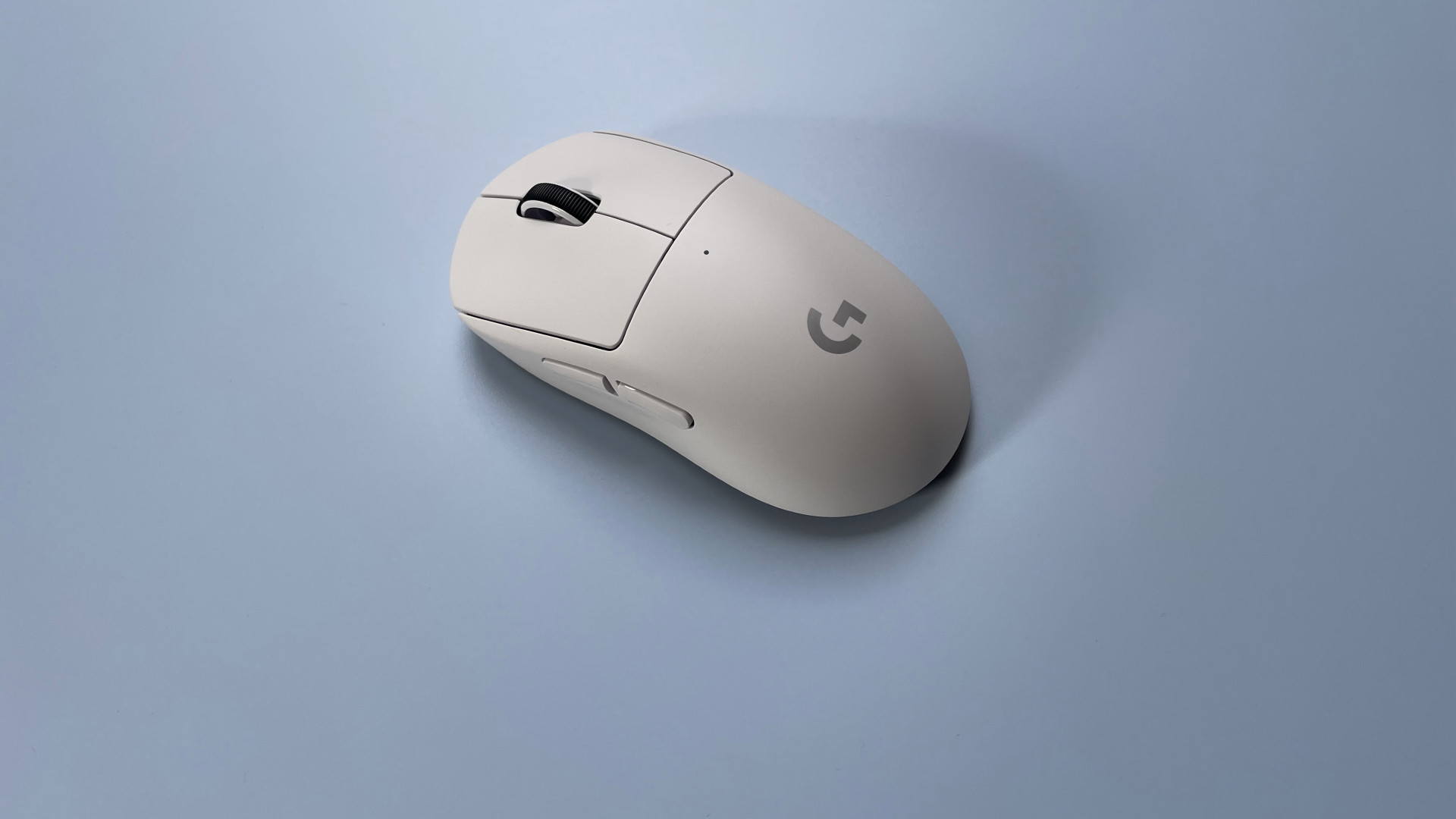
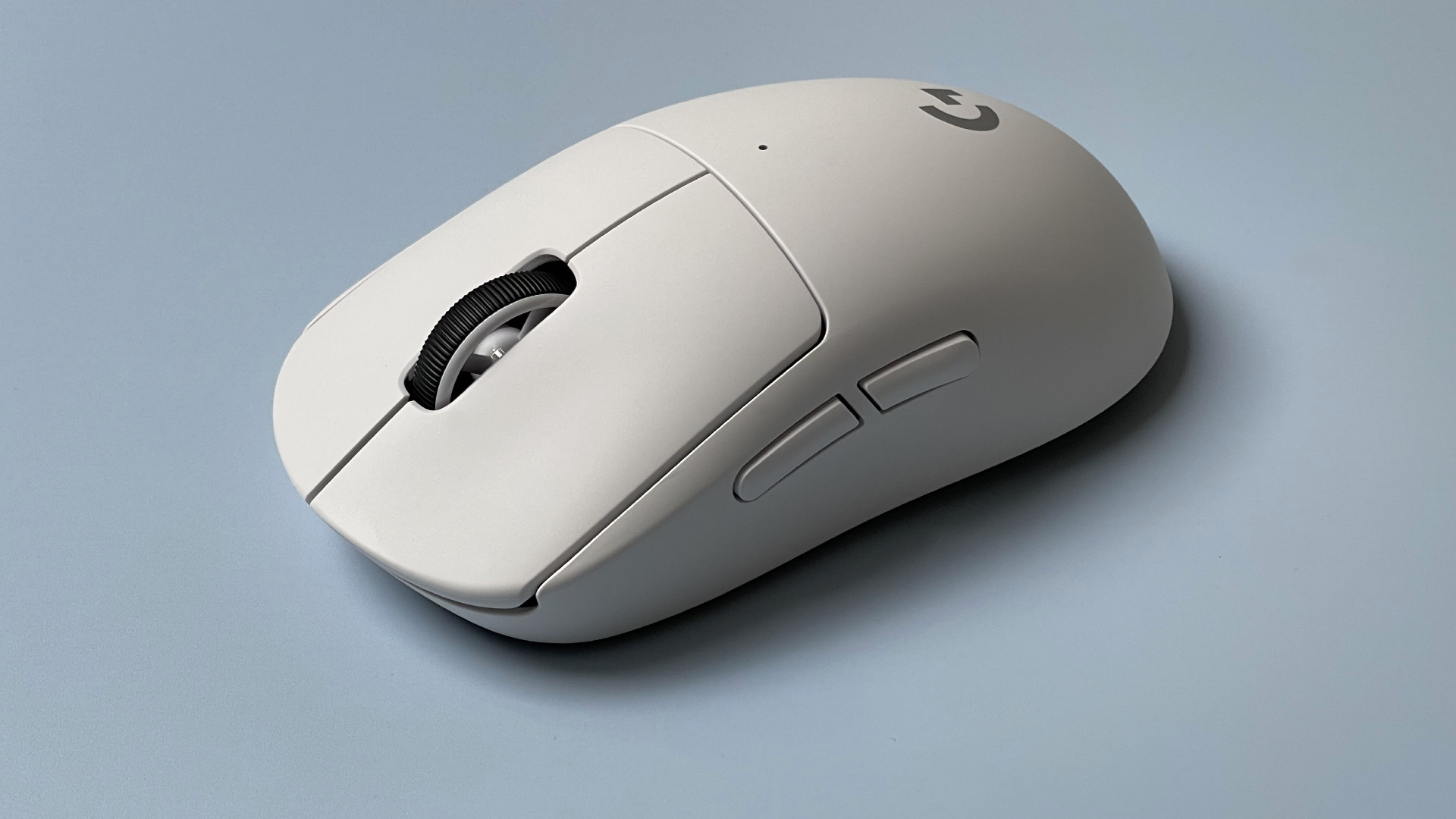
The difference, however, is that nobody who buys a Rolex watch wants or needs the latest physical tech. Logitech would have to believe that the forever mouse they create won't be surpassed in physical tech. They'd have to assume they've reached the endgame in shell material, internal design, physical sensor technology, battery life, and so on. None of that stuff can be fundamentally improved via a software update. Not to mention concerns about normal wear and tear over time.
That is, unless Logitech goes modular for the forever mouse. We're already seeing the modular trend start to eke into other areas with the Framework 16 modular gaming laptop, and it's a trend I can get behind for something as complex as a laptop. But in the case of a mouse, wouldn't users rather just buy a new one than bother swapping out its shell, battery, sensor, and so on?
Plus, if Logitech went the modular route, how would that look sustainability-wise? Would it negate all the possible benefits initially heralded?
Ultimately, though, I think the main problem people might find with a forever mouse—which, let's face it, is really just another way of saying a subscription mouse—is that many of us don't like having to continually pay for something we used to just own. It's already unsettling just how much of our digital space is offered as a service with a subscription rather than an up-front price tag, so do we really want our physical peripherals to join that list?
In some ways, physical-product-as-a-service is nothing new. Just think about houses: Living spaces and working spaces have been rented out probably since humans realised they could claim ownership of physical space. Renting, it might be argued, is a natural consequence of a system of property ownership. And although there are certainly differences, property-as-a-service is, at bottom, quite similar to renting, given that both require ongoing payment to maintain use of said property.
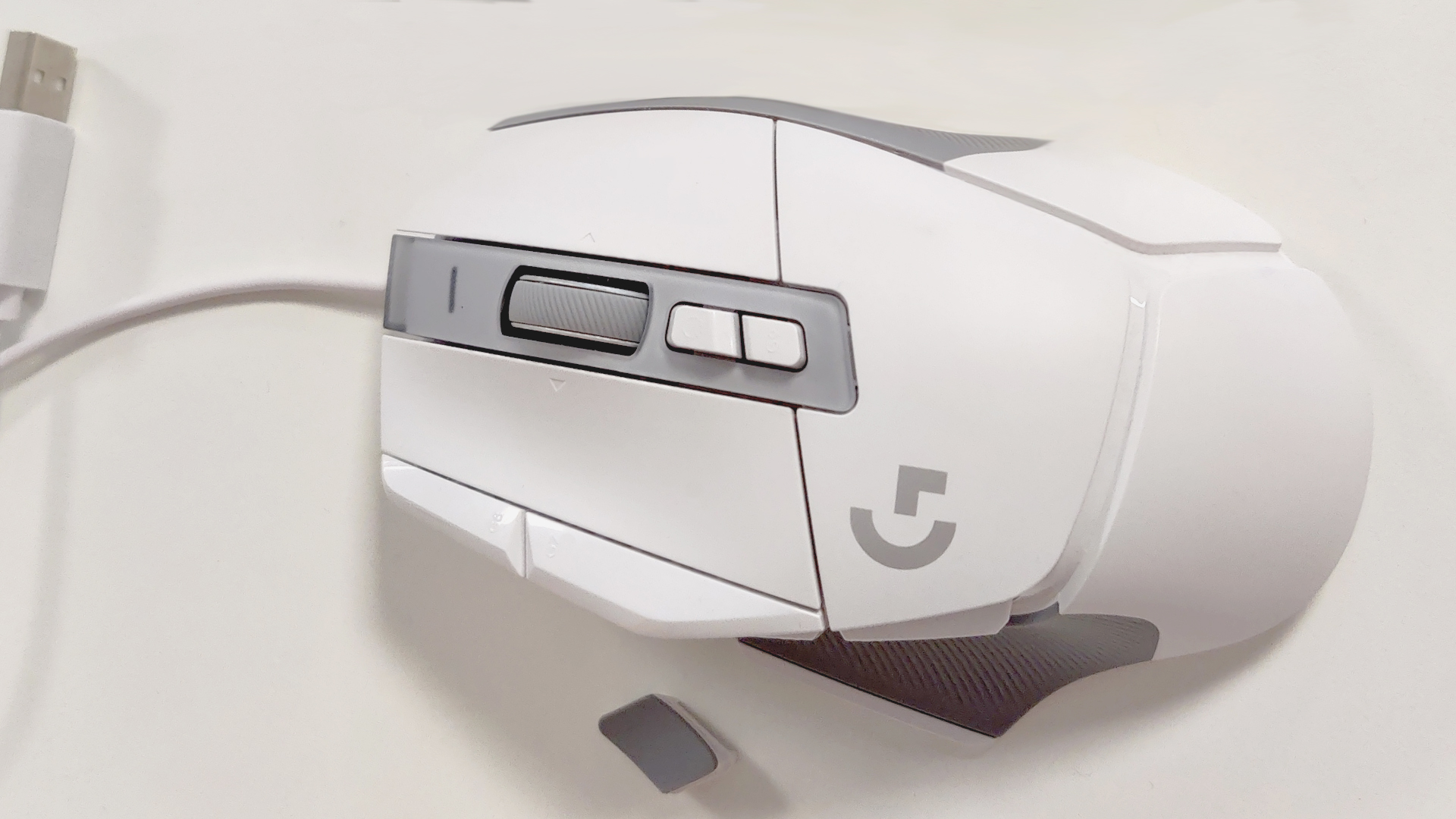
But that's thinking over a large timescale. Over a shorter timescale, there's definitely something a little unsettling about products that we've always known to be one-and-done—no rent or service payments required—requring a subscription to use or maintain.
We all know that moving from up-front payment to a subscription model means a trade-off. For the user, it usually means paying more in the long-run and never feeling like you really own it, but paying for it over time in more manageable chunks. It also hopefully means a guarantee of support for the product, including perhaps continual warranty and updates. These latter benefits seem to be what Faber's focusing on with the forever mouse.
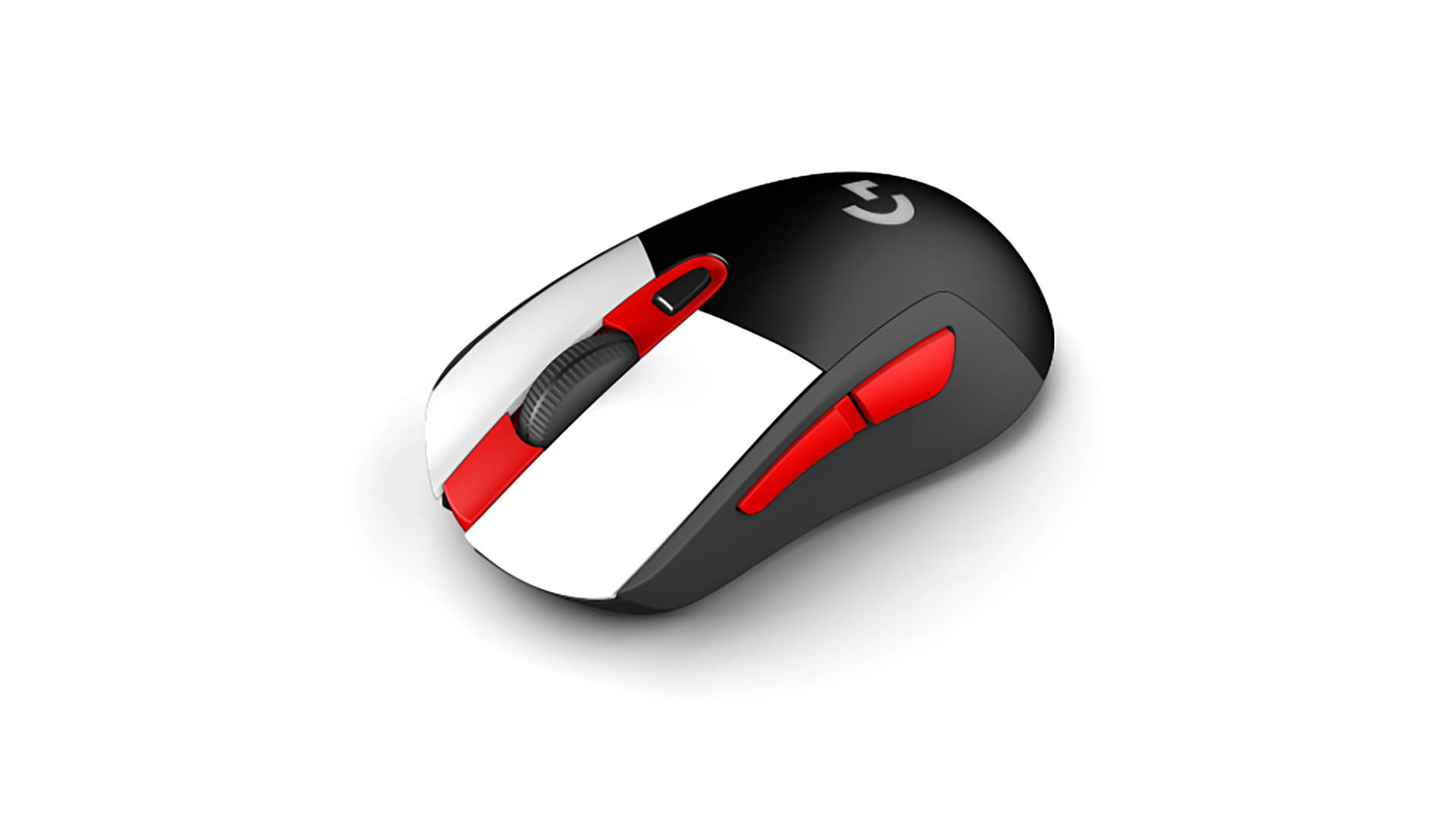
Best gaming mouse: the top rodents for gaming
Best gaming keyboard: your PC's best friend...
Best gaming headset: don't ignore in-game audio
In an ideal world, something like this could engender the best that capitalism has to offer, allowing the end-user, the company, and the world to benefit. Logitech could improve sustainability and reduce manufacturing costs, and we could pay less over the short-term for a high-quality product that we get continued support for. It's just a question of whether that's how it will work in practice.
It's also a question of whether it's necessary in the first place. I mean, how many of us really face the problem of outdated mouse software?
With little seeming need for a forever mouse, the cynic in me sees the prospect as little more than an attempt to switch from a business model works well to one that takes more from end-users and gives less in return. Just remember, while Logitech might make some of the best gaming mice, it's a profit-driven business like any other.
